& Planets
& Planets
Calendar
Phases
& Eclipses
& Space Junk
Which object is the center of our solar system?
Sun
How long does it take the Earth to make one full rotation?
24 Hours
About how many days are in the Lunar Cycle?
30 days
What is the measurement of the Earth's tilt?
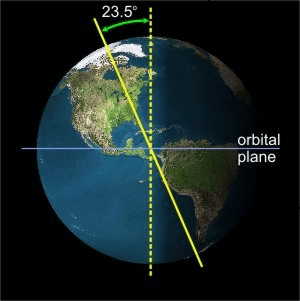
23.5 degrees
What color does the Moon appear during an eclipse?
reddish
Which of the following orbits a planet?
A. Star
B.Comet
C.Moon
C. Moon
EXACTLY how long does it take the Earth to orbit the Sun?
3651/4 Days
Name the beginning and ending phases of the Lunar Cycle
New Moon
Full Moon
What type of Eclipse?
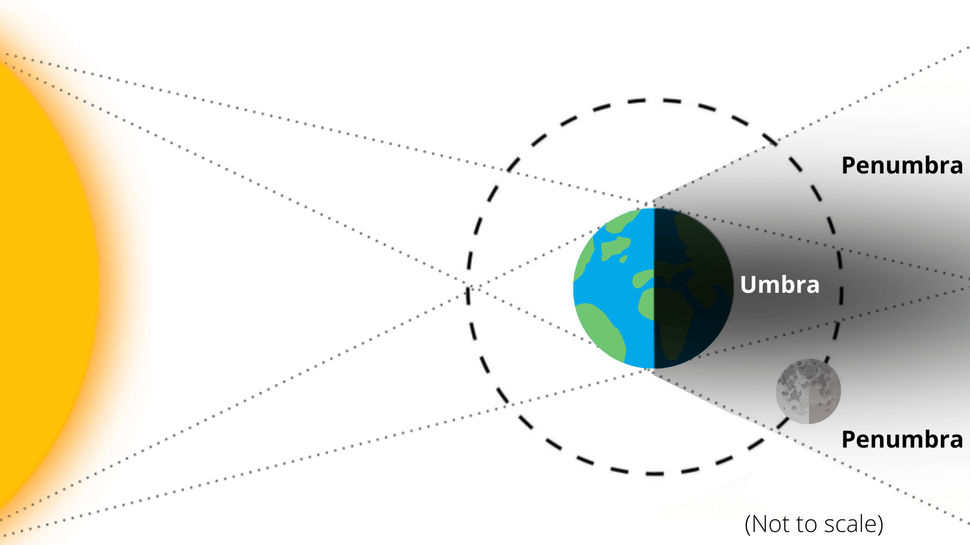
lunar eclipse
Which direction does the Earth rotate giving the appearance objects revolve around it.
Which planet is closest to the Sun?
A. Earth
B. Pluto
C. Mercury
C. Mercury
When does the Summer Solstice occur in the Northern Hemisphere?
June 20 or 21
Name and describe BOTH words used to describe when we see more or less of the Moon.
Waxing:More (growing)
Waning: Less (decreasing)
What type of Eclipse?
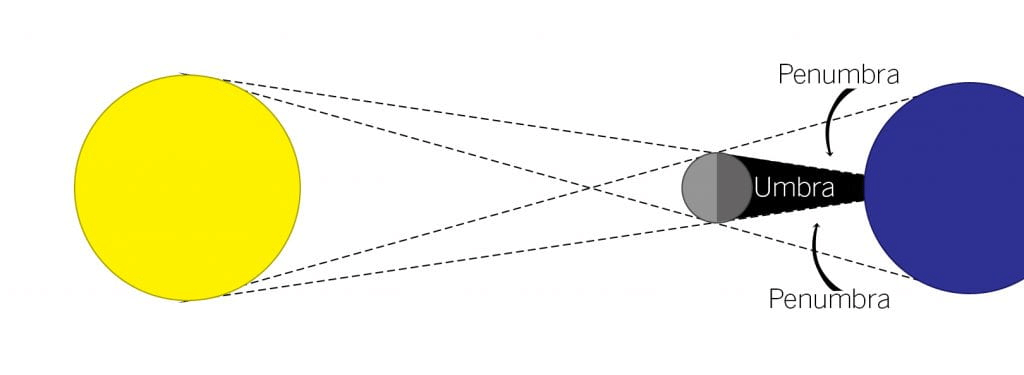
solar eclipse
It's colder in winter because the Sun's __ __ __ __ __ are less __ __ __ __ __ __.
rays
direct
Which of these planets are NOT terrestrial planets?
A. Venus
B. Neptune
C. Earth
B. Neptune
When does the Summer Solstice occur in the Southern Hemisphere?
December 21 or 22
What Moon phase comes BEFORE this?

Waxing Crescent
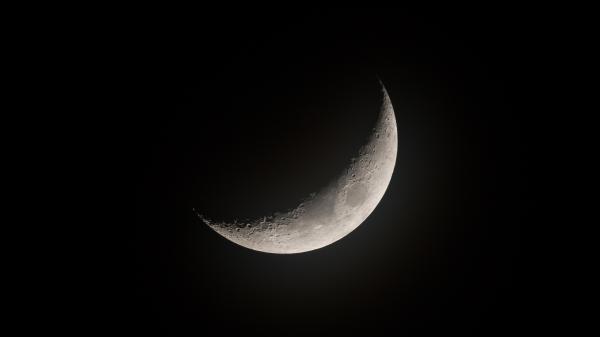
What are the names for STRONG: __________
and WEAK:__________ tides?
Strong = SPRING
Weak = NEAP
The name of the light from the layer of plasma around the Sun during an eclipse.
corona

What are celestial bodies such as Ceres, Eries, and another "former" planet now considered?
dwarf planets
Twice a year the Sun is directly above the equator and there are 12 hours of daylight. What is this called in the Spring?
Vernal Equinox
What Moon phase comes AFTER this?
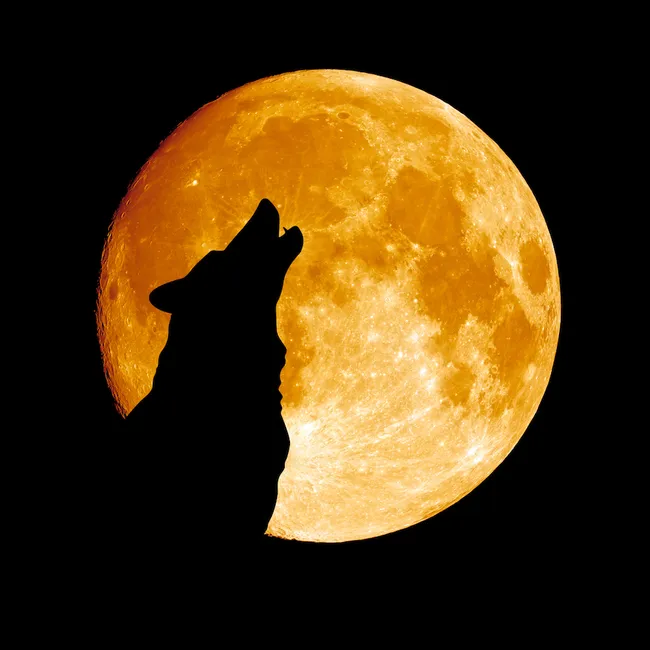
Waning Gibbous

About how long does a total solar eclipse last?
71/2 minutes
What Polish astronomer was the first to publish and popularize the heliocentric theory?
Nicolaus Copernicus
